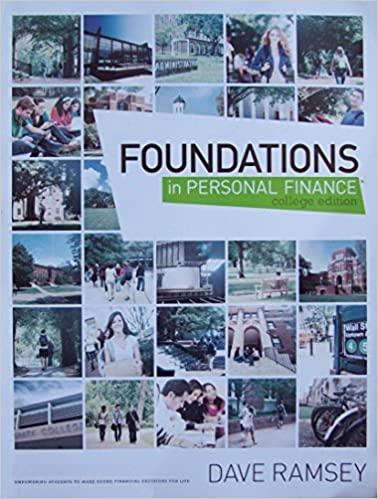
We are considering buying a parcel of land that has been zoned for multifamily housing. We have determined that the best use of this land is to build condominiums. Our first decision involves the scale of our investment. The size of the lot dictates that we can build three units per floor and our issue is whether to build a two- or three-story building. A two-story building would have six units and would cost $80,000 per unit to build. A three-story building would have nine units and would cost $90,000 per unit to build. Cost per unit increases as the building gets taller, largely because of additional foundation and elevator costs. We will assume that fully rented condos just break even on a cash flow basis so that they earn their entire return through expected capital gains. Our second decision involves timing. The current value of a one-unit condominium is $100,000, but the housing market is volatile. We assume that, with equal likelihood, the price of a condominium in one year will be either $150,000 or $90,000. The risk-free rate of interest is 10% and TC=0. 1. What is the optimal choice if condominium prices rise? (Hint: make your choice based on your answers to parts e. and f.) a. Build the two-story building. b. Build the three-story building. c. It does not matter which building we choose, the two alternatives have the same net year-1 value. d. We should not build anything on the lot, both alternatives have a negative net year-1 value. e. We should build a gas station and a convenience store instead. 2. What is the value today of the development if the decision between the two-story and the three-story building will be made in one year (i.e. at t=1 )? Use a one-step binomial model with one condominium as the underlying asset (V=$100,000,Vu=$150,000, and Vd=$90,000). Hint: You can check your work by solving the binomial option problem using both available methods: the replicating portfolio approach and the risk-neutral probability approach. If your solutions are correct, the two results should be equal. We are considering buying a parcel of land that has been zoned for multifamily housing. We have determined that the best use of this land is to build condominiums. Our first decision involves the scale of our investment. The size of the lot dictates that we can build three units per floor and our issue is whether to build a two- or three-story building. A two-story building would have six units and would cost $80,000 per unit to build. A three-story building would have nine units and would cost $90,000 per unit to build. Cost per unit increases as the building gets taller, largely because of additional foundation and elevator costs. We will assume that fully rented condos just break even on a cash flow basis so that they earn their entire return through expected capital gains. Our second decision involves timing. The current value of a one-unit condominium is $100,000, but the housing market is volatile. We assume that, with equal likelihood, the price of a condominium in one year will be either $150,000 or $90,000. The risk-free rate of interest is 10% and TC=0. 1. What is the optimal choice if condominium prices rise? (Hint: make your choice based on your answers to parts e. and f.) a. Build the two-story building. b. Build the three-story building. c. It does not matter which building we choose, the two alternatives have the same net year-1 value. d. We should not build anything on the lot, both alternatives have a negative net year-1 value. e. We should build a gas station and a convenience store instead. 2. What is the value today of the development if the decision between the two-story and the three-story building will be made in one year (i.e. at t=1 )? Use a one-step binomial model with one condominium as the underlying asset (V=$100,000,Vu=$150,000, and Vd=$90,000). Hint: You can check your work by solving the binomial option problem using both available methods: the replicating portfolio approach and the risk-neutral probability approach. If your solutions are correct, the two results should be equal







